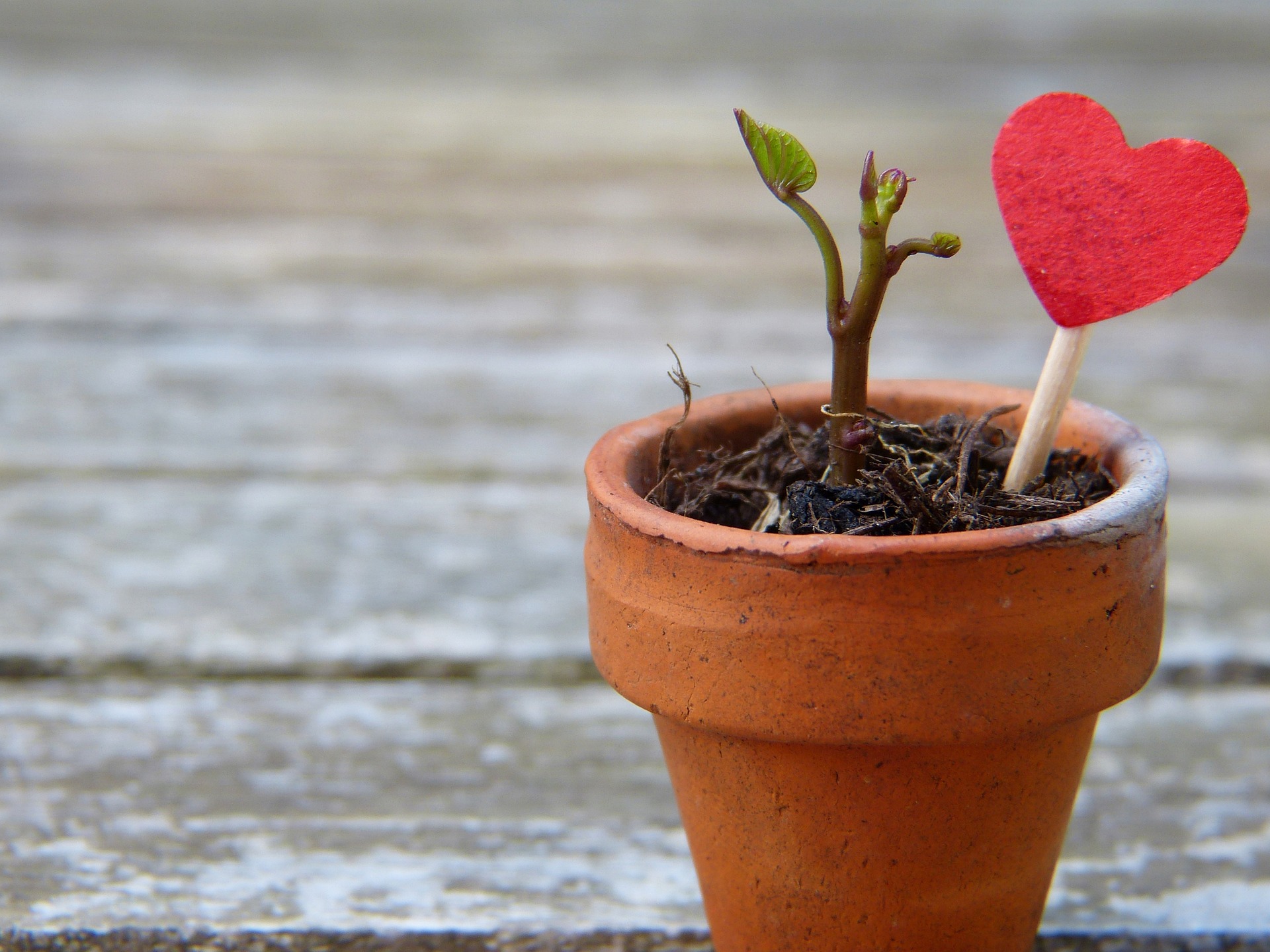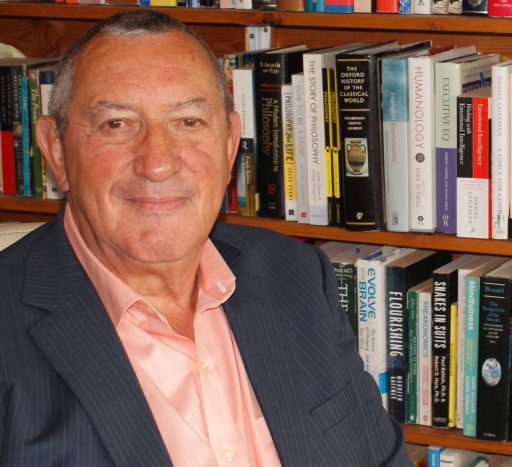Anxiety, Psychotherapy, Self Help
Life is hard; then you die. That was my mantra for many years: “yes, life is tough — deal with it!” And sometimes we do, and sometimes it gets the better of us. I was thinking a lot about this recently, especially in relation to how we cope when life becomes unbearable. Which got me wondering who is better off? Someone who is having a generally OK/good-ish life and who recognises that adversity will strike now and again—so is prepared for it when it happens? Or someone who has suffered greatly, but who cames out on top and now knows only too well what adversity looks like and what needed to be done to stop it knocking us down and keeping us there?
Life today seems so full of stress and pressure. Those who are buckling under the real pressures of life can be forgiven for not adopting the carefree arrogance of the self-help gurus preaching acceptance of what life throws our way. And it’s by no means rare for us to see ourselves as victims. “S/he made me feel bad”, and “Why is life always so cruel? Why is this always happening to me?” “It’s just not fair!”
It’s so easy to blame others for how we feel. And in the case of abusive parents or partners, that’s understandable, particularly when trust is broken or the abuse is prolonged. No-one can deny that life can indeed be hard and existence painful. But the reality is that life is what it is. It’s not fair and it’s not unfair. It is what it is. We often can’t control what others say or do, even though we wish we could, and often forget that we can’t. It’s so easy to lose sight of who we are, and the person who was care-free and getting high on life one moment can so easily find themselves deflated and hurt. When that happens it’s natural to depend on for support. But it may not take much for our self-confidence to diminish — and then we risk becoming dependent on others for assurance and a sense of our self-worth.
And when we’re low (or even when we’re not) it’s inevitable that we compare ourselves with others. As Annie Lamott observed, we’re all a bit mixed up on the insides, but we’re always comparing ourselves to people’s outsides; when our self-esteem is low it’s so easy to feel inadequate in comparison to the picture our social media friends paint of their ‘perfect’ lives.
We see youngsters checking their phones a hundred times a day (or more). More often than not they are constantly seeking feedback, especially reassurances, in the form of ‘likes’ for what they post on social media. Not only that, but they are also checking they’re not missing out on what their friends are doing, and FOMO — fear of missing out — is becoming increasingly prevalent.
It can be so easy to allow our image of ourselves to degrade in comparison to others, and we can so easily feel inadequate. And then our sense of self-pity changes, and we transform from feeling victimised to becoming a victim. We all get self-absorbed, but when we become a victim we overthink, lose perspective, feel even more helpless, and soon we’re in the downward spiral. And we even feel entitled to feel this way.
2,000 years ago, Marcus Aurelius, the Roman emperor and philosopher, offered some superb advice: “if we chose not to be harmed, we won’t be.” That seems so easy to say, but it’s absolutely true: so much of how we feel reflects the reject beliefs we have adopted. So if we change our focus and decide we’ve not been harmed, we haven’t been. We usually cannot control what others do or say. But we can control our judgement of what others say or do. If we choose to. Those who have come round to this perspective confirm how effective this mind-change can be.
So, although it doesn’t seem like it, it is a choice whether or not to become a victim. As Eleanor Roosevelt reminds us: No-one can make us feel inferior without our consent.
There’s always someone who doesn’t appreciate your good qualities. Don’t let it be you.

